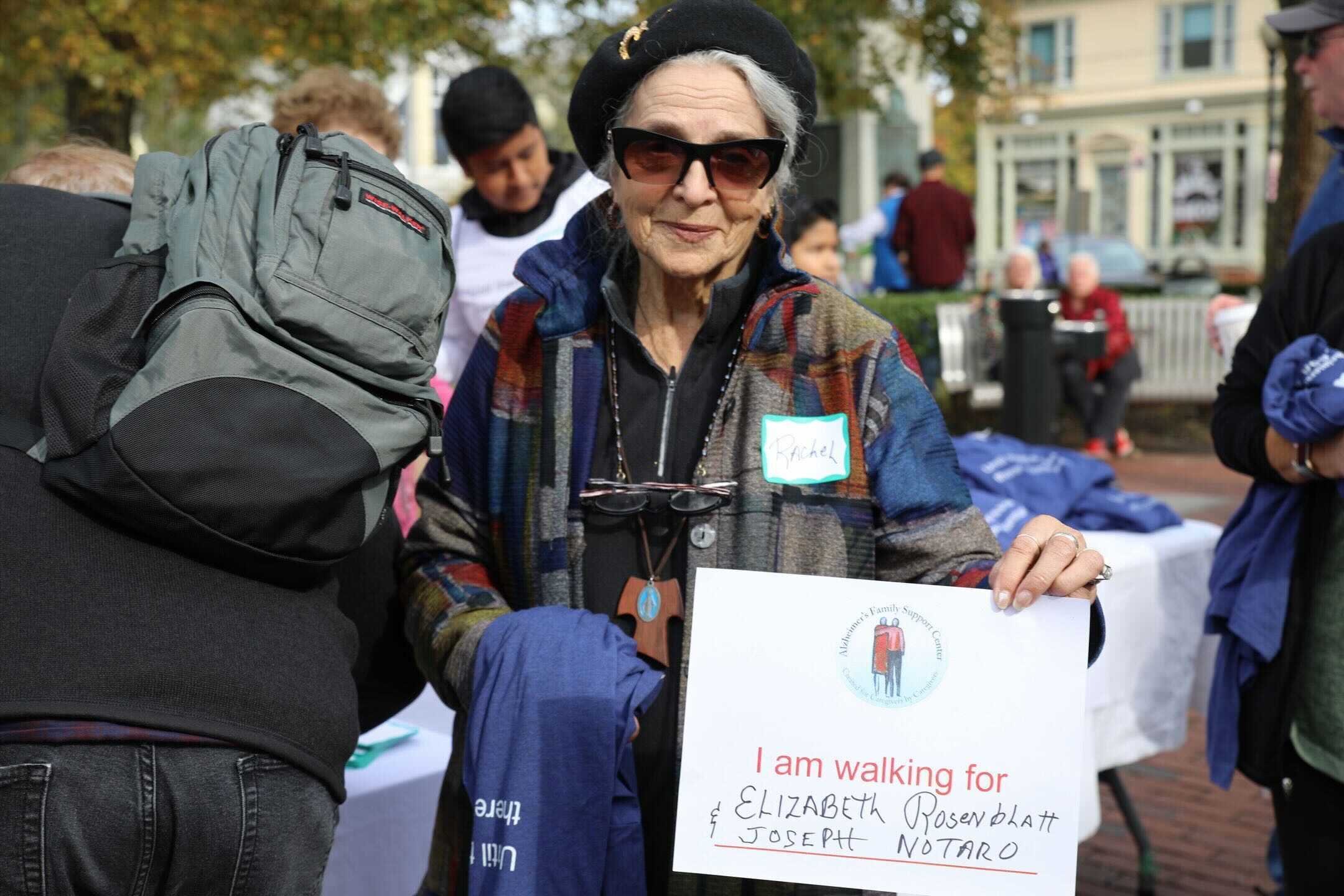Alzheimer’s Family Support Center
Our goal is to help families navigate the complexities and challenges they face across the span of these diseases, while providing a research-based family and community-centered social model at no cost.
Ways to Give ⟶
Upcoming Events
“We struggled alone to learn how to live with my husband’s Alzheimer’s/mild cognitive impairment until we found a focused, educated, bright and caring community with the AFSC. Through free classes, support groups and active involvement for both of us, we grew and we are no longer alone.”
— Lynn S.




